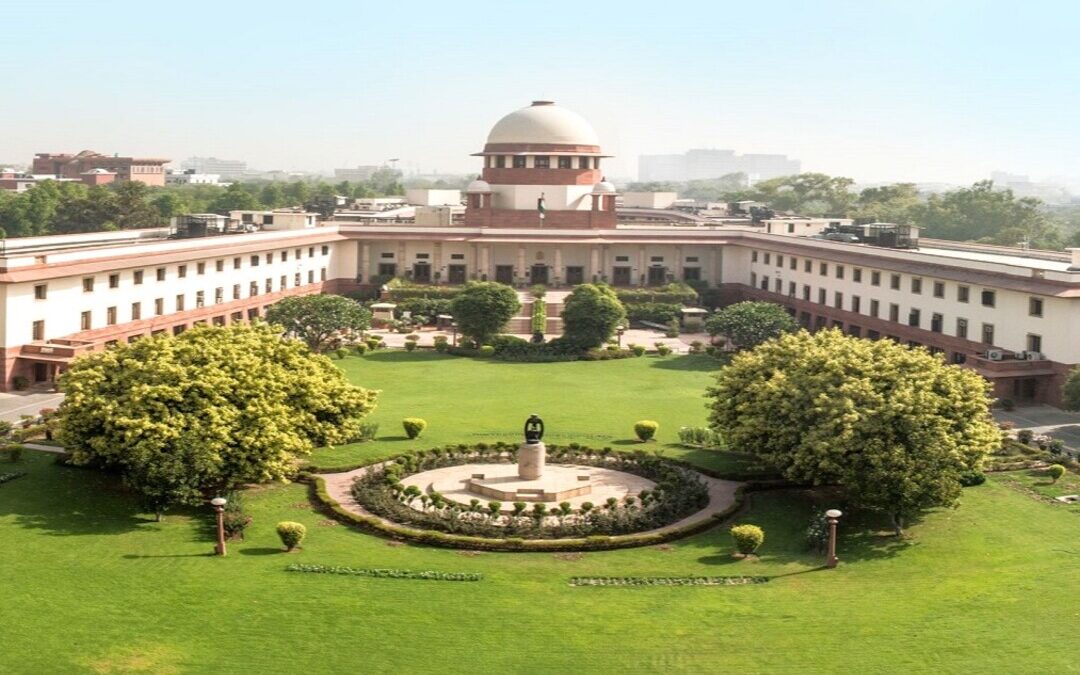SC Strikes Down Policy Allowing Retrospective Environmental Clearances
The Supreme Court outlaws retrospective environmental clearances, calling them illegal and harmful to public health.
In a landmark judgment delivered on May 16, India’s Supreme Court struck down a 2017 government notification and a subsequent 2021 office memorandum that permitted industries and infrastructure projects to obtain ex post facto environmental clearances.
The court ruled that such approvals are “completely illegal” and violate the constitutional right to live in a pollution-free environment.
The judgment came in a series of writ petitions led by environmental group Vanashakti, challenging retrospective environmental approvals issued under the Environment Impact Assessment Notification of 2006.
Writing for a two-judge bench, Justice Abhay S. Oka declared that “ex post facto or retrospective Environmental Clearance is completely alien to environmental jurisprudence and the EIA Notification.”
The Court held that such clearances infringe Article 21 of the Constitution, which guarantees the right to life and a pollution-free environment.
Background
The EIA regime, formalized through a 2006 notification under the Environment (Protection) Act, mandates prior environmental clearance for certain industrial and construction projects.
However, a 2017 notification by the Ministry of Environment, Forest and Climate Change permitted projects that had started without such clearance to seek regularization through retrospective ECs — initially framed as a one-time measure.
This was followed by the 2021 Standard Operating Procedure, which operationalized the policy, allowing project proponents to apply for ECs even after violations had occurred. Critics said this encouraged industries to bypass environmental norms.
The Supreme Court noted that the MoEFCC had categorically undertaken before the Madras High Court in 2017 that the retrospective clearance policy would be a one-time measure.
Nevertheless, the Ministry continued issuing notifications to extend and legitimize such clearances.
Court Observations
In a strongly worded opinion, the bench criticised the government’s repeated attempts to “protect violators” who began construction or industrial operations without prior ECs.
It noted that such projects included real estate developers, mining companies and public-sector undertakings that “knowingly committed illegality.”
The Court stated that “development at the cost of the environment” is not sustainable and must not be permitted. It further underscored the worsening environmental conditions in Indian cities, particularly New Delhi, where air quality regularly reaches hazardous levels.
Citing earlier rulings, including Common Cause v. Union of India and Alembic Pharmaceuticals v. Rohit Prajapati, the Court reiterated that the principle of prior EC is a non-negotiable part of environmental protection.
The judgment held that the 2021 Office Memorandum effectively attempted to reintroduce ex post facto clearance “by craftily drafting the SOP” despite prior Supreme Court rulings barring the practice.
Court Orders
The bench issued the following directives:
- The 2017 notification, the 2021 SOP, and all related office memoranda and circulars are quashed.
- The Union government is restrained from issuing any future notifications or orders permitting retrospective ECs.
- Environmental clearances already granted under the impugned policies will remain valid, but no fresh approvals can be granted in this manner.
Implications
The verdict is a significant victory for environmental activists and signals a tougher judicial stance on environmental compliance. It places a greater emphasis on industries adhering to pre-approval procedures and warns against regulatory backdoors that weaken environmental protections.
While the government has not responded formally, legal experts suggest the ruling could affect numerous ongoing and future industrial and infrastructure projects, especially those initiated without prior clearance.
Also Read:
Doctors’ Group Seeks Supreme Court Action Against ‘Inhumane’ Work Hours
Nirmal Menon
Related posts
Subscribe
Error: Contact form not found.


